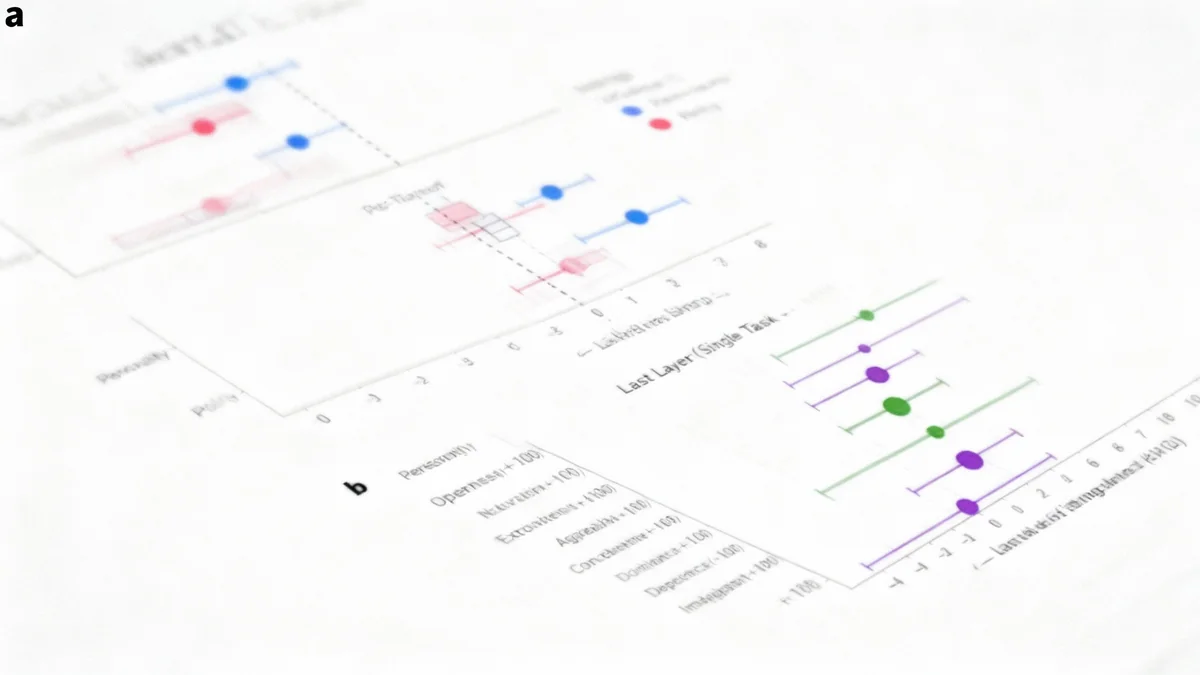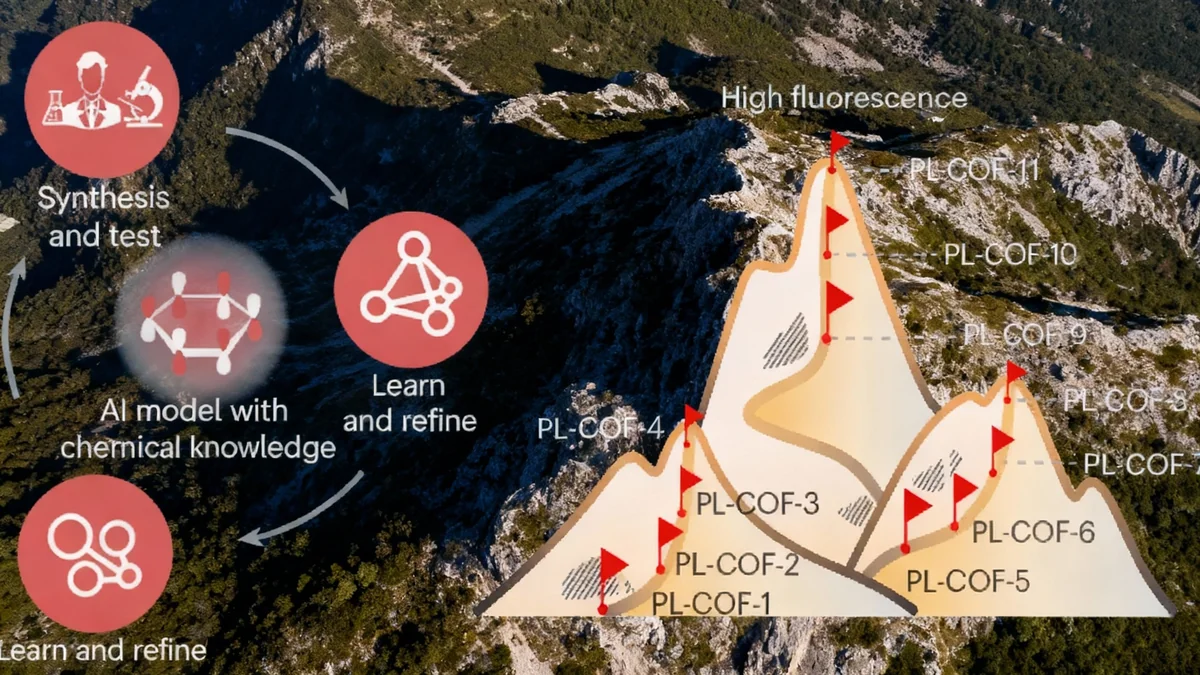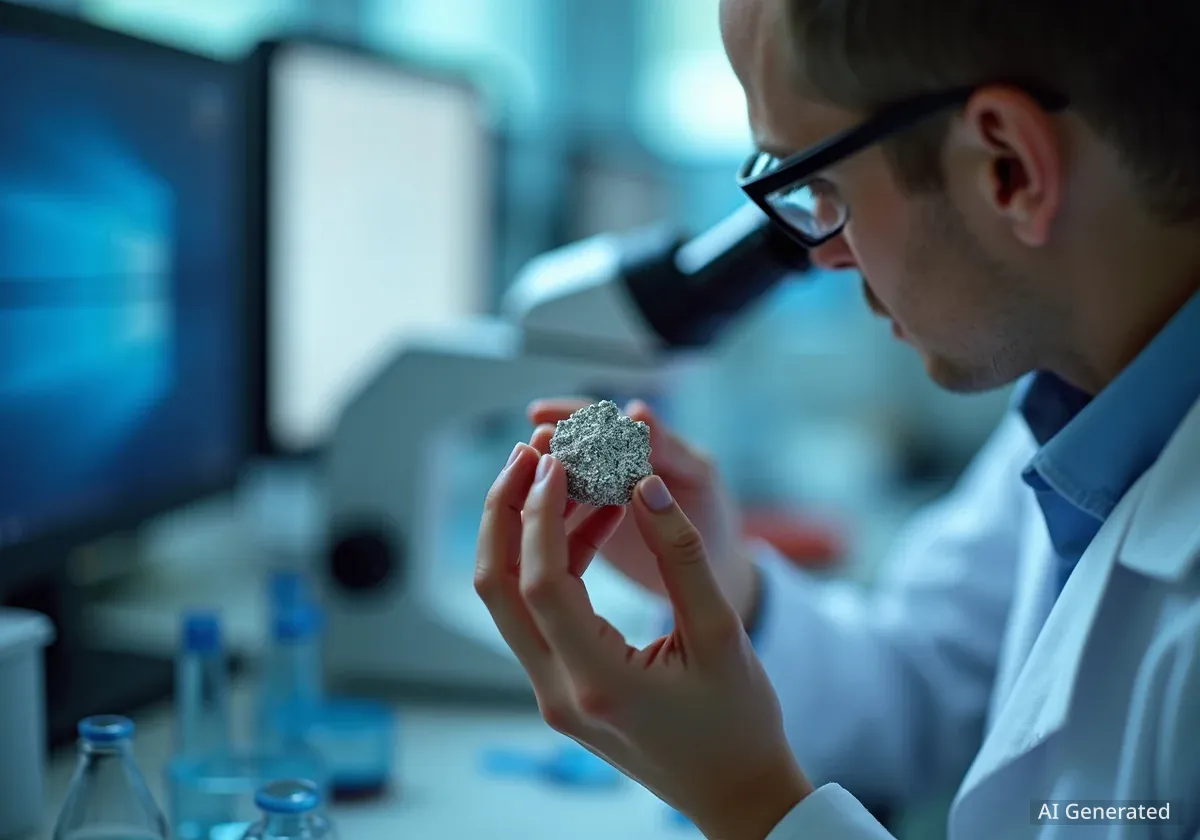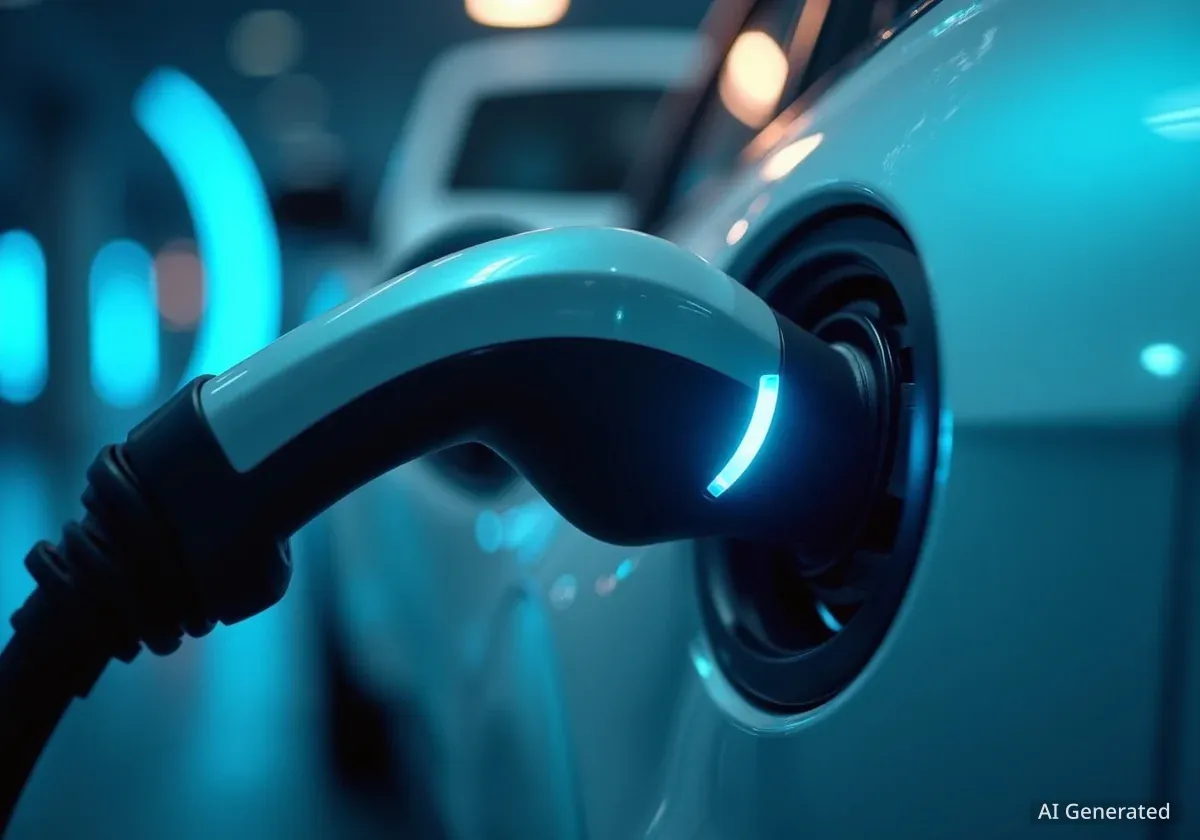
AI Tools Fuel Major Surge in Scientific Publishing
A new study reveals AI tools like ChatGPT are causing a massive surge in scientific publications, boosting productivity by up to 89% for some researchers.
19 articles tagged

A new study reveals AI tools like ChatGPT are causing a massive surge in scientific publications, boosting productivity by up to 89% for some researchers.

A new international study reveals that AI chatbots can significantly alter voter opinions, proving more persuasive than traditional campaign advertisements.

Scientists have developed an AI system that discovered a new, highly fluorescent material after just 11 experiments, a process that could transform medical imaging.

The University of North Dakota is advancing its rare earth element research through a new partnership with a Bulgarian energy company and a bid for federal funding.

A new study reveals an AI system can write fake scientific papers that fool AI reviewers, achieving acceptance rates as high as 82% and raising alarms about academic integrity.

Researchers have developed a new solid-state battery that charges in 10 minutes and doubles the energy density of current lithium-ion technology.

A Cornell University study of over 2,000 adults reveals that strong, lifelong social connections can slow biological aging at the cellular level.

The University of California system achieved a historic first, winning five Nobel Prizes in medicine, physics, and chemistry in a single year for its faculty and alumni.

Omar M. Yaghi, a former UCLA professor, has won the 2025 Nobel Prize in Chemistry for inventing reticular chemistry and developing Metal-Organic Frameworks (MOFs) with Susumu Kitagawa and Richard Robs

Researchers have developed a new solid-state battery that charges to 80% in five minutes and maintains 95% capacity after 2,000 cycles, promising major advances for EVs and electronics.

The Trump administration is escalating its criticisms of academic publishing, citing issues like research fraud and high costs. HHS Secretary Robert F. Kennedy Jr. and NIH Director Jayanta Bhattachary

A new study reveals that race, gender, and university prestige significantly impact how economists form professional networks on social media platforms.